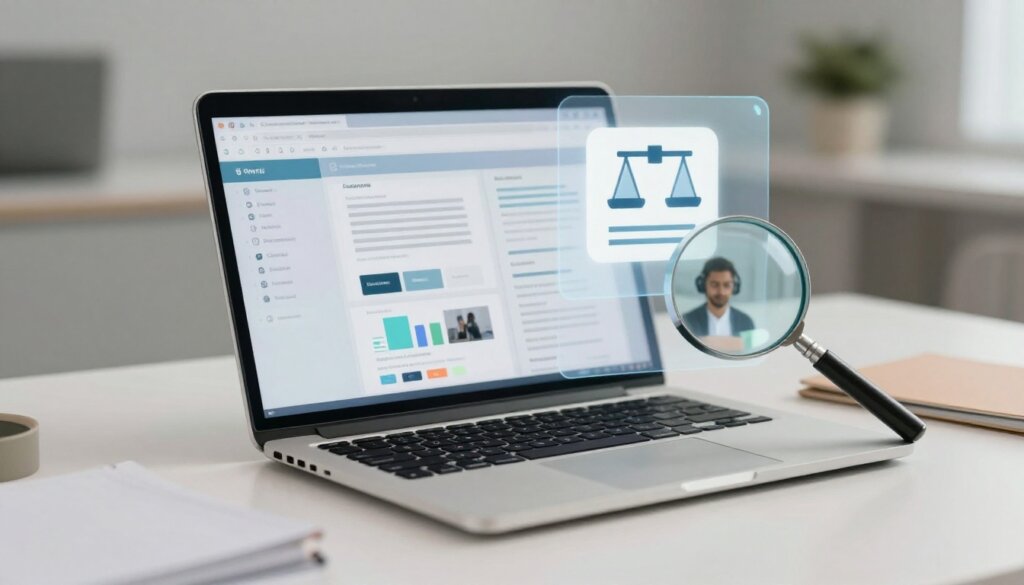The Legal Implications of Social Media for Employees: Protecting Your Rights and Reputation
Social media has become an integral part of our daily lives, and it has transformed the way we communicate and interact with others. However, with the rise of social media comes a range of legal implications for employees, including risks to their reputation, privacy, and even their job security. As such, it is important for employees to understand the legal considerations associated with social media use.
One of the primary legal risks of social media for employees is the potential for defamation. Defamation occurs when someone makes a false statement that harms another person’s reputation. In the context of social media, defamatory statements can spread rapidly and have a significant impact on an employee’s career. For example, in 2012, an employee of a financial services company was terminated after he made inappropriate comments about his employer on Facebook, which were then shared by his coworkers.
Privacy concerns are another significant legal consideration for employees on social media. Employers may monitor their employees’ social media activity, and in some cases, they may even require employees to provide access to their social media accounts. However, there are legal limits to how much an employer can monitor an employee’s social media use. For example, in 2014, the National Labor Relations Board (NLRB) ruled that an employer’s social media policy that prohibited employees from discussing work-related matters on social media was unlawful because it violated employees’ rights to engage in protected concerted activity.
Another important legal consideration for employees on social media is the potential for cyberbullying, harassment, and discrimination. Employers have a legal obligation to provide a workplace free from harassment and discrimination, and this extends to social media use. In some cases, employees may face legal liability for cyberbullying or harassment that occurs on their social media accounts.
To protect their rights and reputation, employees should be mindful of what they post on social media and how it might be perceived by others. It is important to avoid making defamatory statements, posting inappropriate content, or engaging in illegal activities. Additionally, employees should regularly review the privacy settings on their social media accounts to ensure that their personal data is protected.
If an employee is facing legal issues related to their social media use, it is important to consult with an experienced social media attorney. An attorney can help the employee understand their legal rights and obligations and can help them navigate the legal system. By taking proactive steps to protect their legal rights and reputation, employees can use social media effectively and without undue legal risk.
ChaseLawyers, Your Trusted Advisors in an Evolving Legal Marketplace
ChaseLawyers has deep industry knowledge and experience with providing legal guidance on all matters concerning social media law. We provide quality representation to US-based and international marketing agencies, social media agencies, individual influencers and content groups, as well as individuals, small businesses and mid-sized companies wanting to ensure compliance of the digital presence.
Whether you need us to help you enforce your intellectual property rights or you need legal counsel on state or federal compliance, ChaseLawyers can help you navigate the ever-evolving regulatory environment with minimum effort.
Want to know how we can help you? Get in touch with us now!
- 21 SE First Avenue Suite 700 Miami, FL 33131
- 305-373-7665
- 305-373-7668
- info@chaselawyers.com
- 1345 Avenue of the Americas, 2nd floor, NY, NY 10105
- 212-601-2762
- info@chaselawyers.com
Get a response within 24 hours. We’ll clearly explain how we can support and protect your brand while staying within your budget.




